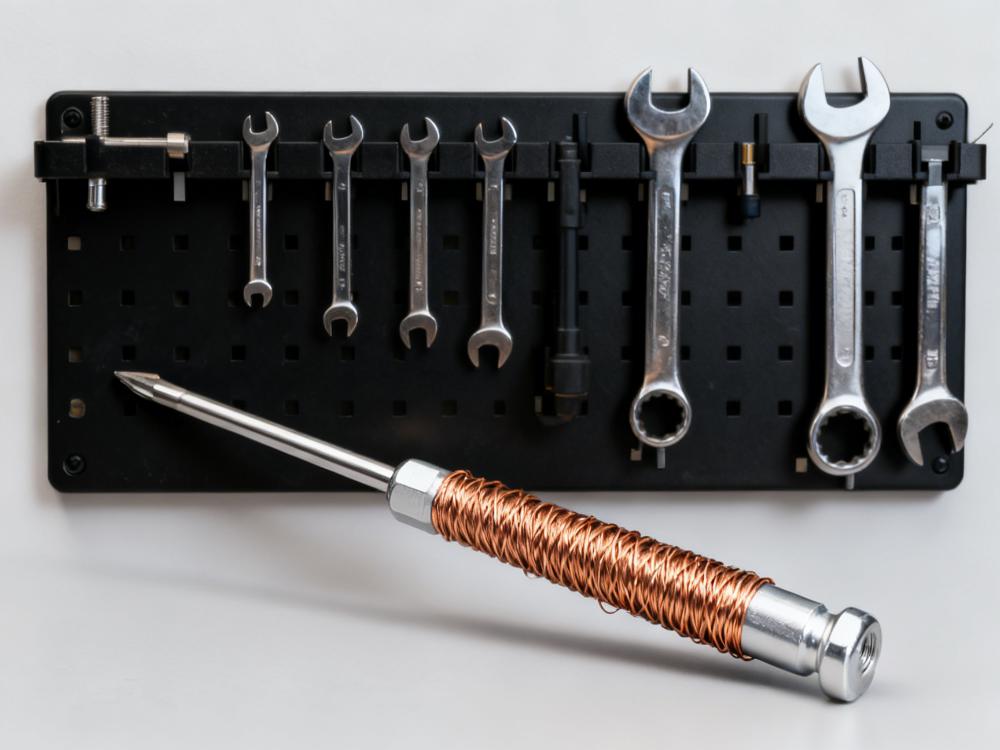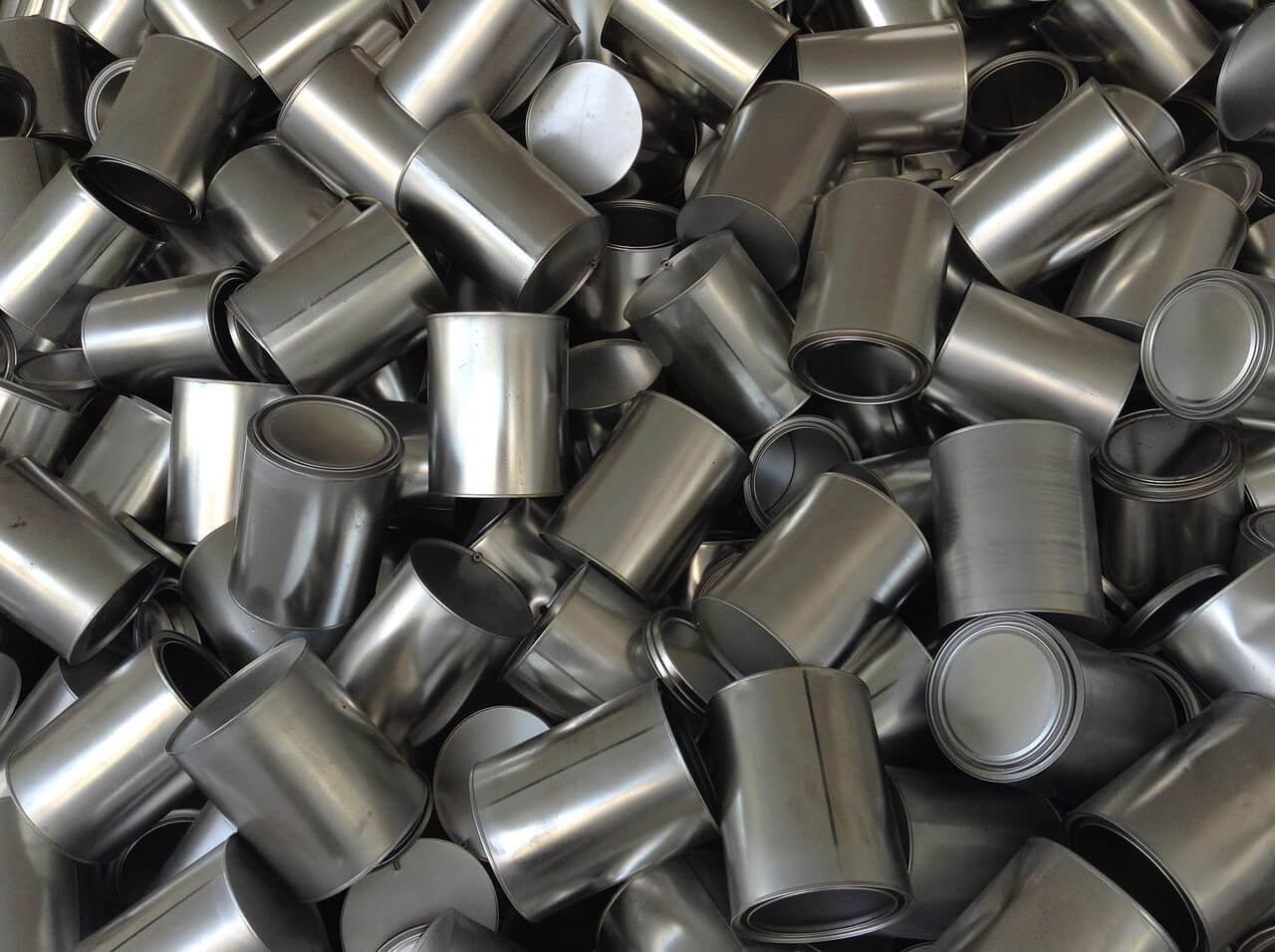General Mamadi Doumbouya has ordered Mines & Geology Minister Boubacar Traoré to “withdraw the permits and concessions of any company that fails to meet its legal obligations,” state television announced at the ordinary session of the Council of Ministers held on Thursday, May 8, 2025. Futhermore, officials began proceedings to cancel Emirates Global Aluminium’s licence over an alumina-refinery dispute.
On 9 May 2025, the presidency read out two decrees revoking Guiter Mining’s semi-industrial permit (issued 28 Dec 2022, D/2022/06/01) and Kebo Energy SA’s mining concession (granted 23 Jun 2023, D/2023/0147, amending a 2020 decree). Both of them are not operationg mines.
Although Guinea will not be able to economically replicate Indonesia's strategy in bauxite and nickel in the short term, its determination to develop its own processing industry has become increasingly clear.
What does the law actually require?
-
In-country value addition (Mining Code Art. 15 & presidential directives of April 2022 / March 2023)
- Bauxite producers must submit an alumina-refinery plan and start by 2027, or else partner with an approved local project.
- Gold, iron-ore and diamond operators must either process their ore domestically or pay an equivalent beneficiation fund.
- Non-compliance: immediate cancellation of the mining permit and simultaneous suspension of the related export licence.
-
Project timeline & investment milestones (Mining Code Arts. 23-25)
- Exploration work must begin within 6 months of a permit being issued; development must start within 12 months of an industrial exploitation permit.
- Delays trigger penalties of GNF 10 million / month (≈ US$ 1 m) for exploitation permits or US$ 2 million / month for concessions; titles can be revoked after 18–24 months of inactivity.
- Non-compliance: penalties continue to accrue, and the permit or concession can be revoked.
-
State & local revenue (Mining Code Arts. 112-120)
- The state receives a 15% free-carried interest and holds an option to purchase up to an additional 20% equity in each major project.
- Operators must pay surface-area fees, tiered royalties, and 0.5% of annual turnover into the Local Economic Development Fund (FODEL).
- Non-compliance: back-payments with interest are due; serious breaches can lead to licence withdrawal.
-
Environmental & social impact assessment (Mining Code Art. 143 & 2019 Environment Code)
- A comprehensive Environmental & Social Impact Assessment (ESIA)—covering rehabilitation, resettlement and community-development plans—must be approved before fieldwork starts.
- Operators must file annual monitoring reports and update mitigation measures throughout the life of the mine.
- Non-compliance: a title cannot be granted or renewed; operations may be suspended and fines imposed.
-
Local content & employment (Local Content Law L/2022/010/CNT, 22 Sep 2022)
- Companies must meet minimum Guinean workforce ratios, implement structured training programmes, and source a mandated share of goods and services from local suppliers.
- Non-compliance: fines of 5–25 % of the contract value can be levied, and export quotas may be suspended.
According to SMM's survey, apart from the alumina refinery begun by SPIC this March, the Friguia plant of RUSAL is the only operating alumina refinery in Guinea. In 2024, Friguia ran at just 52 % of its 650,000 mtpa, meaning that only about 2.3 % of the country’s 144 million t of annual bauxite output was refined domestically, depriving the economy of downstream jobs and cash; the latest policy notes claim that meeting the 2027 refinery-construction deadline could triple mining GDP within five years.
Besides, towns in the bauxite belt are demanding that miners pay into the legally-mandated Local Economic Development Fund (FODEL), a revenue stream that now finances basic infrastructure across Boké.
For operators, the ministry has begun line-by-line audits of permit milestones. Any project that has not started exploration within six months, or industrial development within twelve—now faces fines of GNF 10 million (≈ US $1 m) per month and the risk of licence cancellation after 18–24 months. Companies must also submit realistic alumina-refinery timetables before mid-2025 reviews, refresh their local-content plans under the 2022 law, publish proof of FODEL payments in 2025 ESG reports and be ready for joint Mines-Environment inspections of ESIA commitments.
Mines Minister Boubacar Traoré has been ordered to enforce the rulings, and officials hint that a public list of further “serial defaulters” could follow as early as July. The message, as one adviser put it on state television: build locally, hire locally, pay locally—or leave.
Author: Xinyi Liu | Aluminium Analyst | SMM London Office | cathyliu@smm.cn



